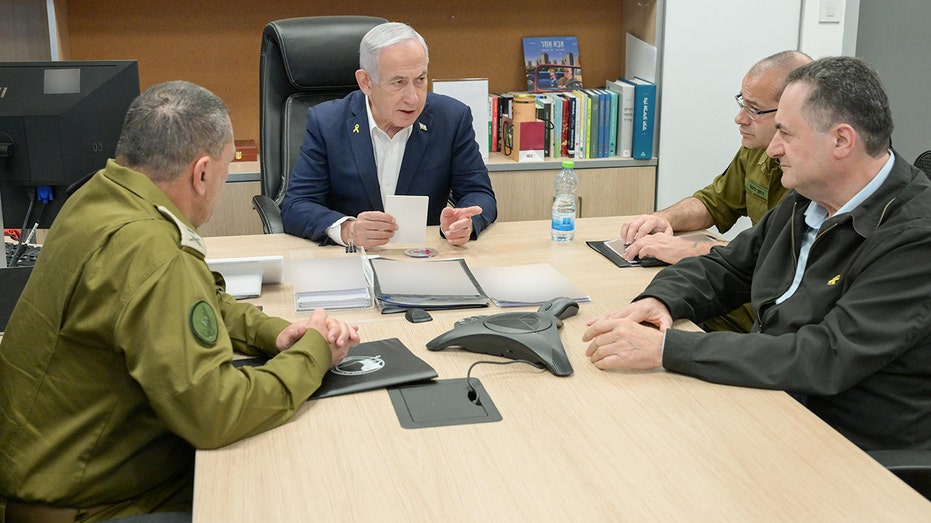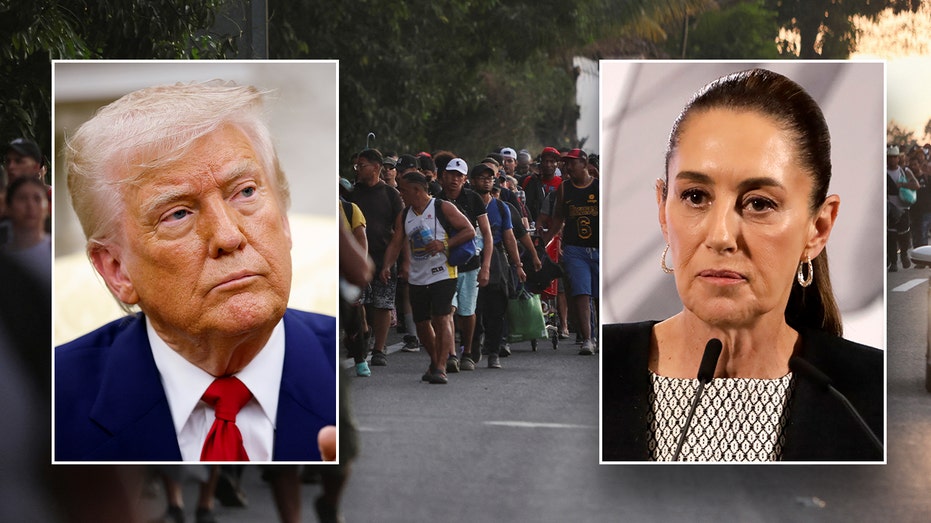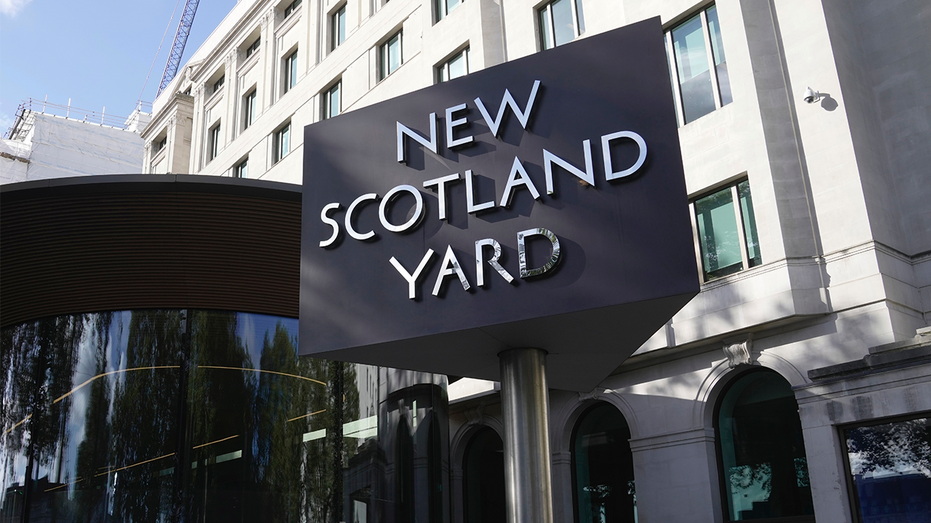Israeli Troops to Dig In: Katz Says Buffer Zones in Gaza Are Here to Stay

Sarah Johnson
April 18, 2025
Brief
Israel will keep troops in Gaza buffer zones indefinitely, as Defense Minister Katz confirms. Hamas rejects ceasefire, tensions persist, and global calls for humanitarian aid continue.
Israeli troops aren’t going anywhere—at least not from the buffer zones in Gaza. Defense Minister Israel Katz announced Wednesday that military forces will remain stationed in these areas indefinitely, regardless of how or when the broader conflict wraps up.
His comments came as Hamas rejected a new Israeli-proposed ceasefire deal, which would have included the return of nearly a dozen hostages, some held for more than 550 days. Israel recently resumed combat operations after a previous ceasefire effort fizzled out in dramatic fashion—no phase two, just more fighting.
Katz emphasized, "Unlike in the past, the IDF is not withdrawing from areas that have been cleared and captured. The IDF will remain in the security zones as a buffer between the enemy and Israeli communities under any temporary or permanent arrangement in Gaza—just as it does in Lebanon and Syria." That’s a pretty clear signal that Israel’s new normal is here to stay.
These buffer zones now cover around 30% of the Gaza Strip, according to the Times of Israel. Israeli troops are also reportedly constructing the Morag Corridor, designed to physically separate the city of Rafah from Khan Younis. For Gaza’s geography, it’s a transformation that can’t go unnoticed.
Hamas, for their part, called the latest deal a "political trap" unless it includes real guarantees for a halt to the war, full Israeli withdrawal, lifting the blockade, and the start of reconstruction efforts, as reported by Reuters. You don’t need a crystal ball to see there’s a gulf between the sides big enough to drive a convoy through.
Since Israel resumed operations in March, world leaders and international institutions—including the United Nations—have called for an immediate ceasefire. U.N. Secretary-General António Guterres expressed deep concern over the ongoing violence and the lack of humanitarian aid entering Gaza. Katz admitted that aid is being restricted as a pressure tactic against Hamas, which Israel accuses of stealing supplies—a move that’s sparked plenty of global criticism.
Israeli U.N. Ambassador Danny Danon fired back at Guterres, accusing him of ignoring both the hostages and Hamas’s role in starting the war with the October 7, 2023 attacks. "This war Hamas started will not be over until all of our remaining 59 hostages are returned home from brutal captivity," Danon said, underscoring how far apart the parties remain.
Topics
Editor's Comments
So now a third of Gaza is essentially a 'no-go' zone, and everyone’s stuck in a real-life version of musical chairs—except, of course, the music never stops. It’s wild how these buffer zones, initially pitched as security measures, have quietly become permanent fixtures. The world is shouting for a ceasefire, but on the ground, it’s all about holding ground.
Like this article? Share it with your friends!
If you find this article interesting, feel free to share it with your friends!
Thank you for your support! Sharing is the greatest encouragement for us.



